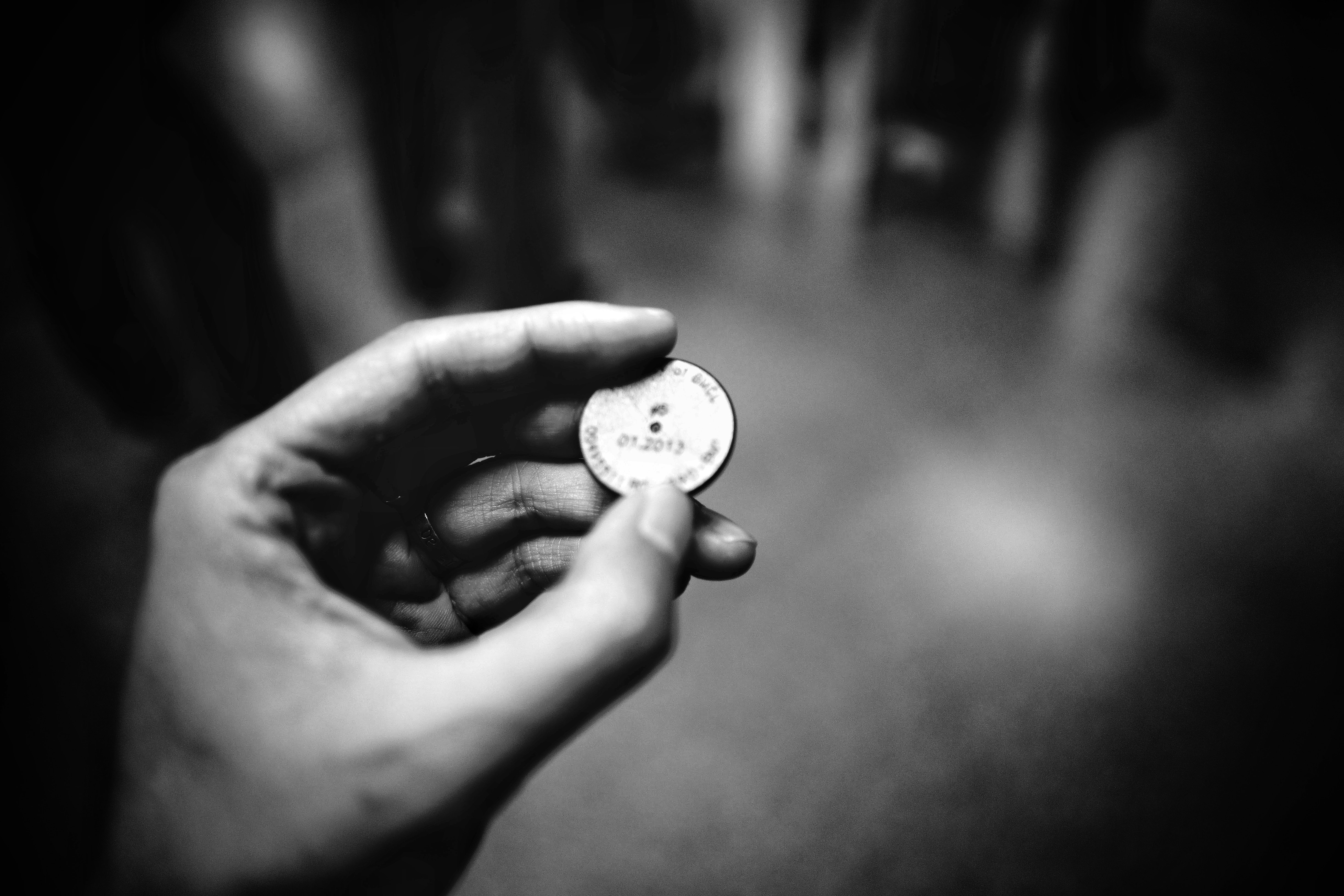Using Coin Flips and Journaling for Better Decision Making
Evaluating our reactions to unlock intuition surrounding complex decisions.
Truly successful decision-making relies on a balance between deliberate and instinctive thinking.
Malcolm Gladwell
When facing indecision, we're staring down the barrel of options we can't fully measure or an objective we’re unsure of. If we could effectively measure the options and compare them to our desired objective, the right answer would be easy.
We understand reason and logic well as humans, but as decision-making factors become fuzzier and decisions become more complex (containing more factors), we struggle to contextualize all the information and make decisions effectively.
Even deciding which restaurant to go to for dinner is notoriously difficult because of countless intangible factors like the type of food, the taste of the food, the environment in the restaurant, how far away it is, what others will think of you for choosing that restaurant, what reputation the restaurant has, what you're in the mood for, and many others that are impossible to measure. We can't apply logic, reason, or any quantifiable techniques to consider these factors, and with so many of them piled into one decision, we're quickly overwhelmed.
But something incredible happens when we resort to the oldest decision-making tool on record: flipping a coin. As soon as the coin decides for us, our true feelings come rushing through. We feel excitement or disappointment depending on which option it lands on. Instead of trying to wade through endless considerations to think our way to the right answer, we trick ourselves into intuiting the right answer based on our gut reaction.
There's another wonderful tool called the Magic 8 Ball for more complex decisions. The same principle applies here. When an answer appears, our reaction is visceral and uncontrollable. It's our intuition surfacing from our subconscious. If we like the answer, we stop shaking it, but if we don't, we keep shaking it until we get the answer we want.
It's hard to evaluate complex options with reason and logic, but when we use one of these tools to decide for us, we feel it’s right or wrong. This is enough for inconsequential decisions, but for life-altering choices like choosing a new job or deciding who to marry, relying on an inexplicable gut feeling is easier said than done.
Adding journaling to our decision-making process lets us understand our gut feelings. It peels back the layers of our instinctive reactions so we can understand why we chose a certain path and use that understanding to help us make better future decisions.
Imagine you have two job offers: one for a small company in a new city with lots of growth potential and another for a larger company near home with little growth potential. You flip a coin, and it points you toward the big company, but you have an immediate twang of dread. Small company it is, but why?
Sitting with questions like this and writing down our thoughts will uncover valuable discoveries and realizations. With a better understanding of how we think and what’s important to us, complex decisions become easier, and we can better shape our lives to match what’s truly important.
Prompts
How do you approach difficult decisions?
Do you trust your intuition or search for logical justifications for your decisions?
Think back to your last big decision. What did you learn about yourself?
Deep Dive
Don't Leave Your Decision to Chance, Flip a Coin
The science behind coin flips strengthening our conviction in our gut feelings.
Thanks for reading! I’ll see you next Sunday.
Kevin



